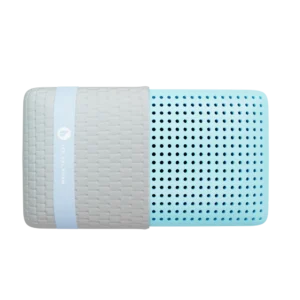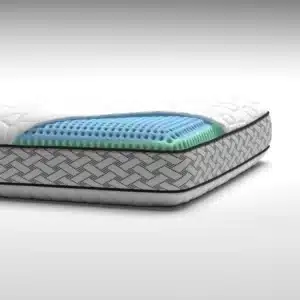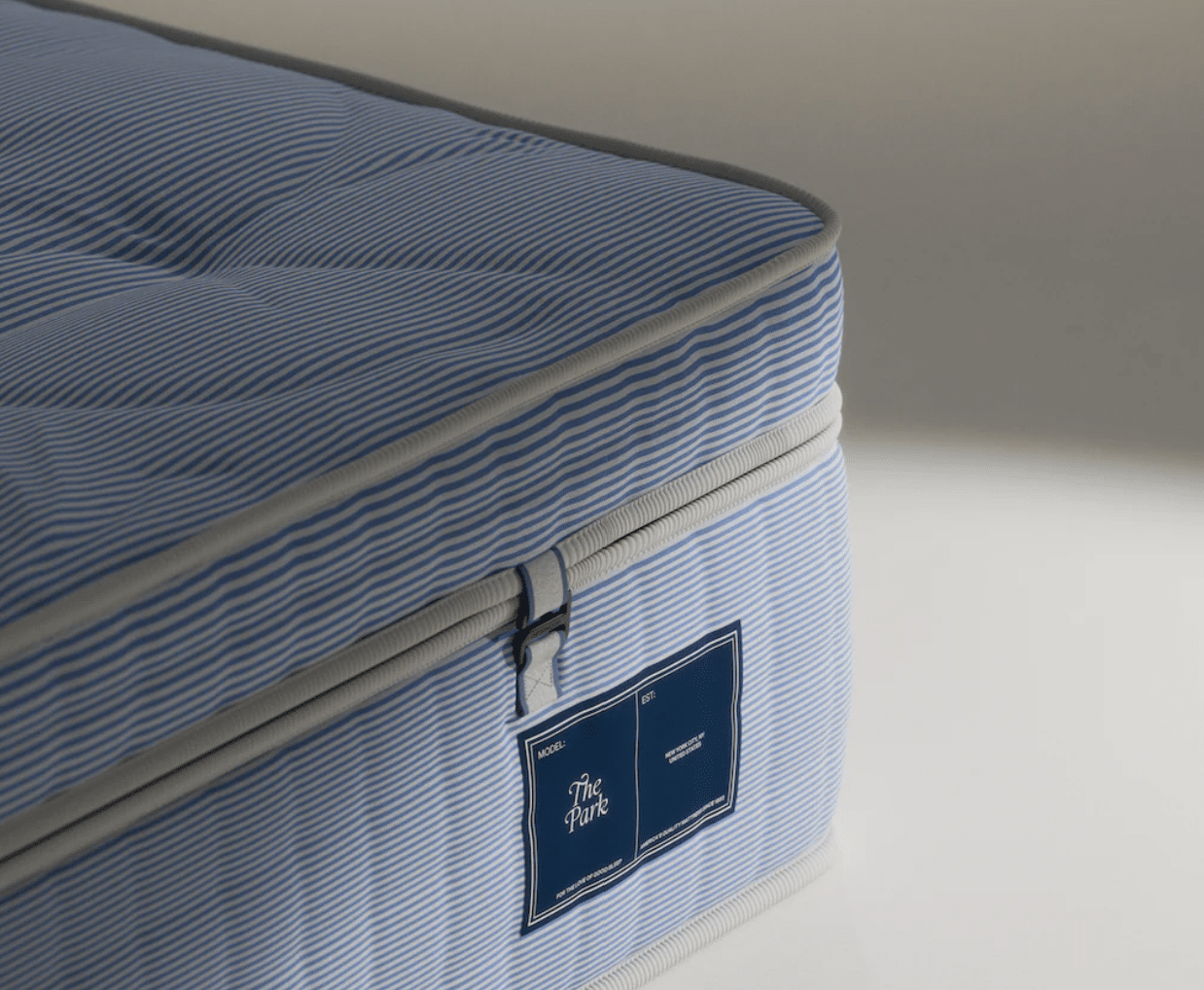Everything You Need to Know About Creatine and Depression
Understanding the relationship between creatine and depression could significantly change the lives of those grappling with mood disorders. Affecting over 7% of adults in the U.S., depression is a pervasive public health concern that necessitates a comprehensive exploration of all potential treatments, including dietary supplements like creatine.
Quick Facts About Creatine and Depression
– What is Creatine? A natural amino acid derivative found mainly in meat and fish, creatine is crucial for energy production.
– Natural Production: The body synthesizes creatine, which is essential for optimal brain and muscle function.
– Link to Depression: Increasing dietary creatine intake may correlate with lower depression rates, suggesting a possible therapeutic role.
While commonly recognized for enhancing athletic performance, creatine serves a vital function in brain health. It helps sustain energy levels in brain cells, influencing mood and mental well-being. As someone who has personally explored the impacts of various supplements on mental health, I am here to delve into the science behind creatine and its relationship with depression.
Understanding Creatine
What is Creatine?
Creatine is an energy-boosting compound synthesized from three key amino acids: arginine, glycine, and methionine. Stored primarily in muscles and the brain, it participates in the production of adenosine triphosphate (ATP), the central energy currency of the body.
How to Obtain Creatine
You can incorporate creatine into your diet through various sources:
– Dietary Sources: Primarily found in meat and fish.
– Supplementation: Creatine monohydrate is the most popular and well-studied form available.
Supplementation Guidelines
When considering creatine supplementation, it’s generally recommended to follow these steps:
1. Loading Phase: 20 grams per day for 5-7 days.
2. Maintenance Phase: Continue with 3-5 grams per day.
Some individuals may opt to skip the loading phase and begin directly with the maintenance dose; both approaches have shown effectiveness.
The Link Between Creatine and Depression
How Creatine Supports Brain Energy Metabolism
Creatine’s role in brain energy metabolism cannot be overstated. The brain is an energy-hungry organ, consuming around 20% of the body’s total energy while constituting only about 2% of its mass.
When creatine converts to phosphocreatine (PCr) in brain cells, it acts as an energy reservoir, buffering energy more stably than ATP. This energy is crucial for neurons, which demand consistent energy to function effectively. Research indicates that disturbances in energy metabolism within the brain can correlate with depression, highlighting how creatine supplementation may alleviate depressive symptoms by enhancing energy reserves.
Creatine’s Interaction with Neurotransmitter Systems
Creatine’s influence extends beyond energy management; it also interacts with key neurotransmitter systems essential for mood regulation — notably serotonin, dopamine, and glutamate.
– Serotonin: Creatine may enhance the effectiveness of serotonin, which is critical for mood elevation. Studies indicate that creatine’s antidepressant effects can be influenced by the availability of serotonin.
– Dopamine: Similarly, creatine can elevate dopamine activity, which plays a role in mood and reward pathways. Its effects are diminished by dopamine receptor antagonists but amplified by dopaminergic compounds, pointing to its potential to boost overall mood.
– Glutamate: Emerging research suggests that creatine can minimize glutamate-induced excitotoxicity, protecting neurons and improving brain function through its antioxidant properties.
Clinical Evidence Supporting Creatine’s Role in Depression
A growing body of research underscores the potential benefits of creatine as an adjunct treatment for depression. Several pivotal studies have reaffirmed its efficacy in improving mental health.
One notable study found an inverse relationship between dietary creatine intake and depression rates among participants from the National Health and Nutrition Examination Survey (NHANES). Higher levels of dietary creatine were associated with significantly lower incidences of depression.
Clinical trials further support these findings. For example, a study conducted on female adolescents with major depressive disorder resistant to SSRIs reported notable symptom improvements following creatine supplementation. Similarly, another investigation revealed that creatine supplementation in patients with treatment-resistant depression resulted in substantial improvements in mood.
Safety and Side Effects of Creatine Supplementation
Common Side Effects
Creatine is generally well-tolerated, though some individuals may experience:
– Gastrointestinal Issues: Mild stomach upset, diarrhea, or nausea can occur, often manageable through adjusting the dosage or taking creatine with food.
– Muscle Cramping: Staying hydrated may help mitigate muscle cramps associated with higher doses.
– Weight Gain: Creatine can cause temporary weight gain due to water retention in muscles, which may be a concern for some.
Long-term Use and Recommendations
Long-term use of creatine is considered safe for most people when following recommended dosages. Regular monitoring by healthcare professionals can further ensure its safe use, especially for individuals with pre-existing health conditions.
Frequently Asked Questions about Creatine and Depression
Is creatine linked to depression?
Research does not indicate that creatine causes depression; in fact, it may exhibit antidepressant effects. A significant body of evidence suggests that higher dietary creatine intake correlates with lower depression prevalence. However, caution is advised for individuals with bipolar disorder, as creatine may elevate the risk of mania.
Does creatine affect serotonin levels?
Creatine does appear to influence serotonin levels, contributing to its potential to alleviate depressive symptoms. Studies indicate that its effects can be enhanced when combined with SSRIs, reinforcing its role in boosting serotonin activity.
Can creatine contribute to anxiety?
Creatine’s effects on anxiety are less documented, but preliminary evidence suggests it may alleviate anxiety symptoms alongside depression. Proper dosing and monitoring are critical to avoid exacerbating anxiety through common side effects.
Conclusion
As depression continues to be a serious public health issue worldwide, exploring innovative treatment options is crucial. Creatine stands out as a potentially beneficial supplement, offering hope for individuals seeking relief from treatment-resistant depression. While there is a compelling foundation of evidence supporting the role of creatine in enhancing brain energy metabolism and neurotransmitter systems, further research is needed to fully elucidate its mechanisms and effectiveness.
At Yawnder, we are committed to fostering mental health awareness and improving overall well-being. While creatine presents exciting possibilities, it should be approached carefully and in consultation with healthcare professionals. As ongoing research unfolds, we aim to provide accurate, up-to-date information to support your journey towards improved mental health. If you’re considering incorporating creatine into your regimen, professional guidance can help tailor your approach for optimal benefit.

















